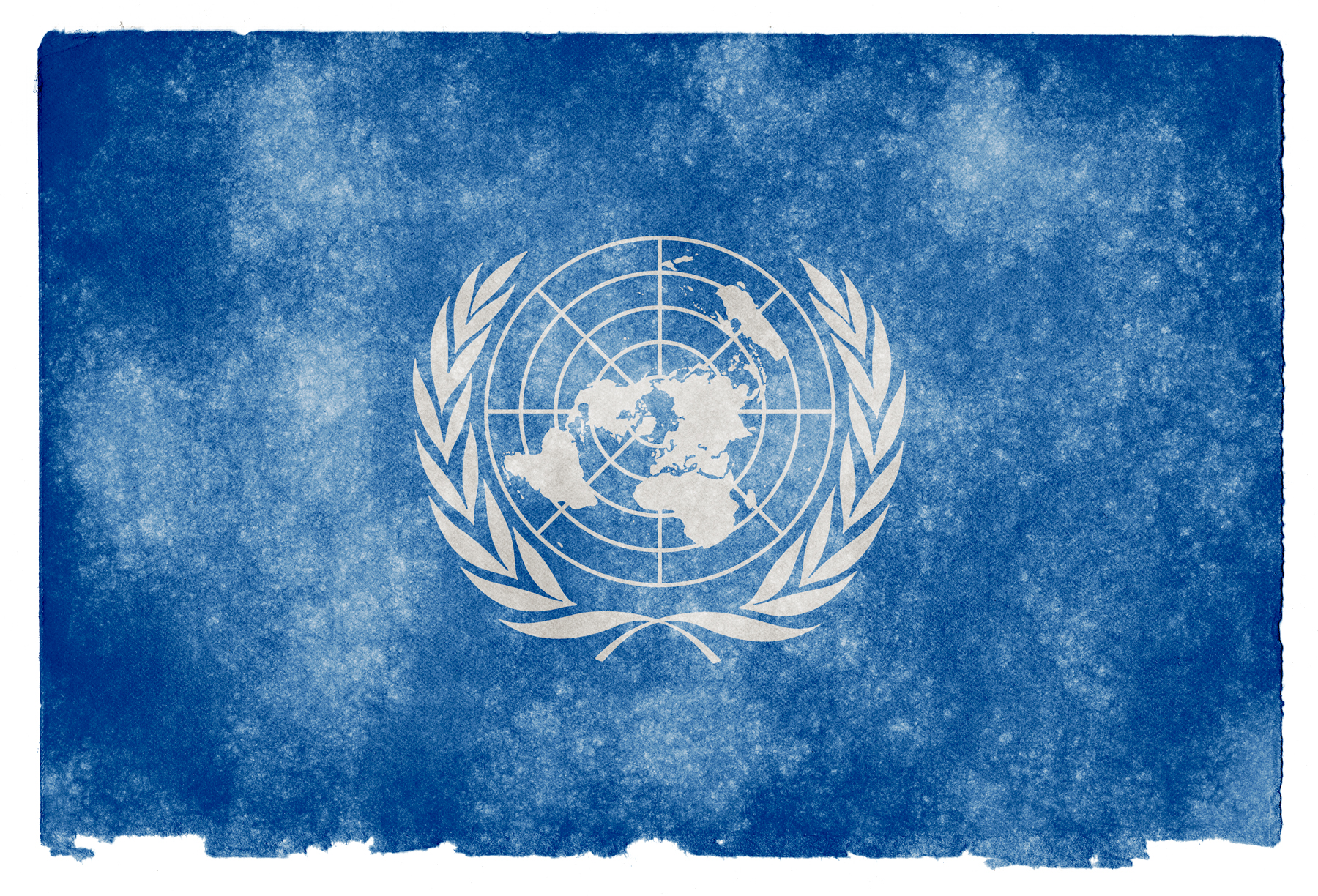The Human Rights Council’s 55th session was one of its longest ever, covering a record number of issues of concern including multiple discussions related to Latin America and the Caribbean.
The High Commissioner on Human Rights presented reports and held dialogues on Colombia, Guatemala, Honduras, Nicaragua, and Venezuela; dialogues were held with the investigative mechanisms on Nicaragua and Venezuela on their reports, as were dialogues with international experts on Colombia and Haiti, and Universal Periodic Review outcome reports were presented on Colombia and Cuba. Thematic debates also offered an opportunity to draw attention to the human rights situation in the region.
ISHR provided support to defenders from Guatemala, Haiti, Nicaragua, and Mexico in these debates. Although each country contexts are different, a number of common and recurrent themes stood recurrent out. These included concerns about the co-optation of institutions, especially in the judicial sector; the urgent need for structural reforms, and the strengthening of a hostile and coercive environment against human rights defenders.
Significant achievements, but a long way to go.
Human rights defenders in Guatemala said that, despite hopes in the newly-elected government’s intent to tackle corruption and impunity, there remained serious human rights concerns in the country.. These include the criminalisation of defenders and justice operators, the fabrication of cases and the dismantling and co-optation of State institutions. This has contributed to a climate of corruption, fear, and uncertainty.
Guatemalan defenders said that, as a consequence of their continuous work in the defence of land rights, Indigenous communities in Guatemala have continued to fall victims to acts of aggression by State and non-State actors.
In Colombia, defenders also spoke of the urgency of reform, acknowledging the enthusiasm and opportunity the change of government in 2022 brought. In the dialogue with UN expert Antonia Urrejola on the implementation of the 2016 Peace Accords, she noted the achievements in the area of transitional justice, applauding advances in the enactment of a comprehensive rural reform. She acknowledged the strong commitment of signatories of the peace accords, describing it as an opportunity to develop the required policies to address the structural obstacles to the consolidation of peace.
However, Colombia also suffered the negative consequences of the co-optation of judicial institutions and the institutional weakness of the State. Urrejola encouraged Colombia to make the implementation of the peace accords part of a State policy; to prioritise the dismantling of criminal organisations, and to reinforce the fight against impunity and corruption. In particular, she called on the Colombian State to take urgent measures for the protection of human rights defenders, including adopting the comprehensive plan for the protection of human rights defenders recently ordered by the Constitutional Court.
Increased repression of dissidents and human rights defenders.
In Nicaragua and Venezuela, human rights defenders have experienced an increase in government repression and coercion.
The closure of the OHCHR office in Venezuela was central to discussions with the Deputy High Commissioner and with members of the Fact-Finding Mission (FFM). The move was described as a turning point amidst a shift towards a more violent phase of repression by Venezuelan authorities. Human rights defenders urged States to prioritise human rights accountability in Venezuela over other interests.
Meanwhile, Nicaragua saw a spike in cases of intimidation, stigmatisation and even detention, a point that was highlighted by the Group of Experts on Human Rights in Nicaragua (GHREN).
The levels of impunity and the lack of cooperation from the governments of Venezuela and Nicaragua has placed greater responsibilities on the shoulders of the international community. Continued pressure from States and through international human rights are essential to ensure accountability and to support local civil society actors in both countries.
Racial discrimination in Latin America.
On the of the Day for the Elimination of Racial Discrimination, ISHR and the Articulación Latinoamericana por el Decenio Afrodescendientes (ALDA) made a joint statement denouncing racism in the region and demanding recognition, justice, and development for people of African descent.
ISHR also joined Racismo MX in a joint statement discussing the systemic racism and invisibility that Afro-descendants and Indigenous peoples face in the region, and particularly in the case of Mexico, while urging all Latin American States to implement the measures of the Durban Declaration and Programme of Action.
Haiti, a spirally human rights crisis
During the presentation of his report on the situation in the country, the High Commissioner ‘ spoke of ‘total chaos’. The High Commissioner appealed to the international community not to ignore its obligations and to act in close cooperation with Haiti to address the long-standing, structural causes of the current crisis.
Though there were concerns over the deployment of a multinational support mission in the country – approved by the Security Council in October 2023 – various States said the principle of non-indifference should prevail.
The UN expert William O’Neil acknowledged Haiti’s civil society work, which has been fundamental to preventing a total collapse of the country.At the end of the session, the Council adopted a resolution renewing the Expert’s mandate for an additional year.
Silence, omission, and solidarity from Latin American countries
Facing different levels of intimidation, stigmatisation, and even risking detention, several defenders supported by ISHR sought to use this session to shed light on and bring visibility to their struggles.
Though Brazil remained cautious in its interventions, countries including Argentina, Chile, Paraguay or Peru spoke in support of civil society, standing in stark opposition to State representatives like those of Bolivia, Venezuela, Cuba, and Nicaragua, who disparaged special country mandates and equated the work of activists with foreign intervention and attempts at destabilisation.
The defenders raised their voices to demand that States take more effective and concrete measures in the face of worsening conditions around the region. They also called for a recognition of the role they have played in the struggle for justice, and continued to demand that the international community acknowledge its own responsibility in securing positive developments in the region.




